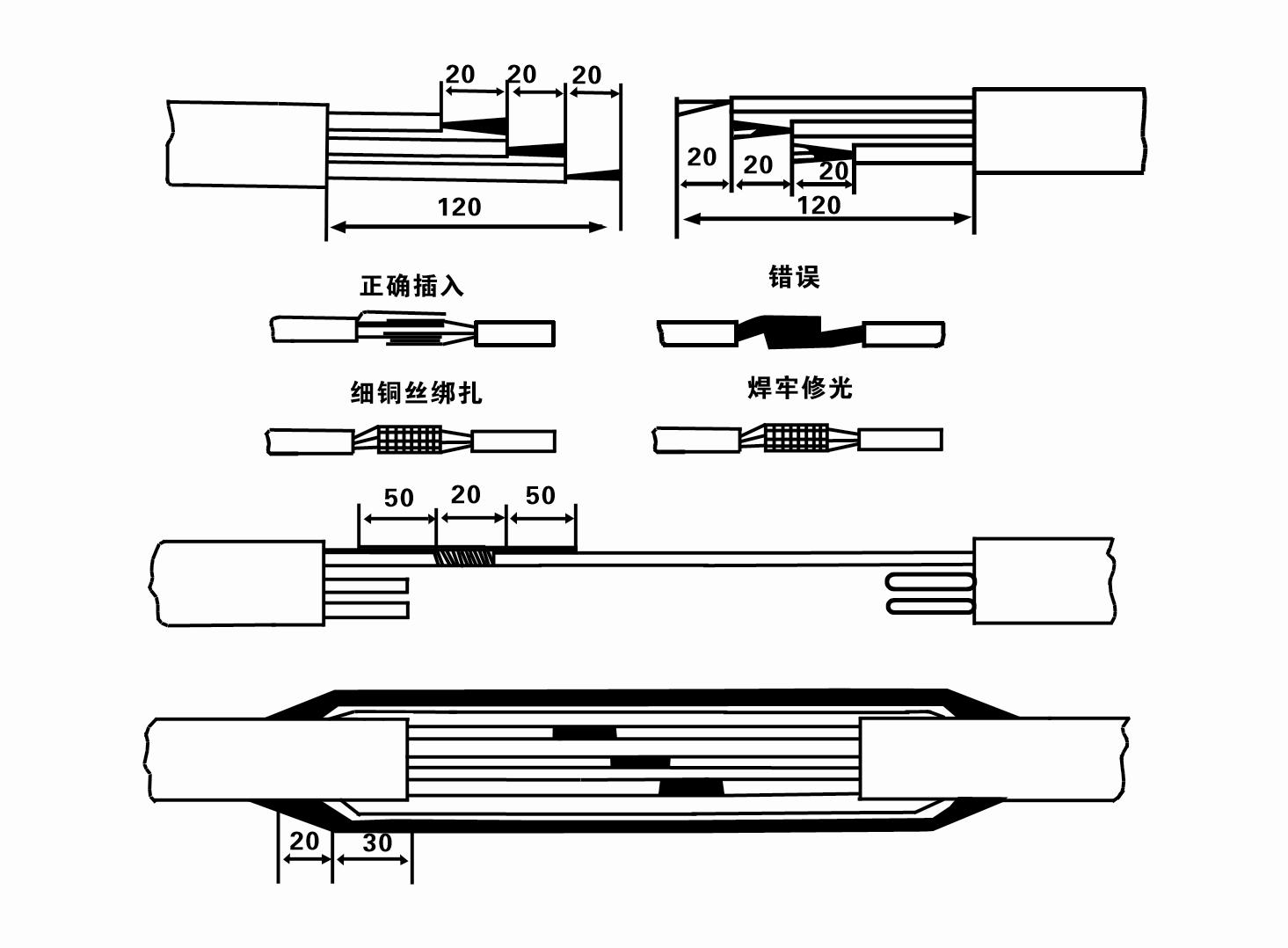nov . 24, 2024 17:50 Back to list
Durable Hose Solutions for Deep Well Pump Applications and Water Extraction Systems
Understanding Deep Well Pump Hoses Essential Components for Efficient Water Supply
Deep well pumps are crucial for extracting groundwater from deep underground aquifers, making them a vital component in agriculture, municipal water supply, and various industrial applications. One of the key elements that significantly impact the efficiency and effectiveness of a deep well pump system is the hose used to transport the water to the surface. In this article, we will explore the significance of deep well pump hoses, their types, and key considerations for choosing the right hose for your needs.
The Role of Deep Well Pump Hoses
Deep well pump hoses serve as the conduit through which water is transported from the pump to the surface. These hoses are designed to handle the varying pressures and environmental conditions associated with deep well operations. The proper selection of hose materials, construction methods, and dimensions is critical to ensure durability, efficiency, and safety during operation.
Types of Deep Well Pump Hoses
1. PVC Hoses Polyvinyl Chloride (PVC) hoses are commonly used in various water systems due to their lightweight nature and resistance to corrosion. They are suitable for less demanding applications but may not be ideal for very deep wells or high-pressure scenarios. PVC hoses are generally more cost-effective but also have a shorter lifespan compared to other materials.
2. Polyurethane Hoses Polyurethane hoses offer flexibility and robust performance, making them suitable for deeper wells. They are resistant to UV rays, abrasion, and ozone, which helps in extending their durability. Due to their high tensile strength, polyurethane hoses can handle higher pressures, making them a popular choice for agricultural and industrial applications.
3. Rubber Hoses Rubber hoses are well-known for their excellent flexibility and durability. They can endure high temperatures and pressures, which makes them suitable for various pumping applications. However, they may not be ideal for all circumstances, particularly in areas where chemical exposure is a concern.
deep well pump hose

4. Stainless Steel Hoses For the most demanding applications, stainless steel hoses are often used. They provide exceptional strength and corrosion resistance, suitable for deep well applications where chemical exposure or extreme conditions exist. Their durability justifies the higher cost associated with them, especially in critical installations.
Key Considerations for Choosing Deep Well Pump Hoses
1. Depth and Pressure One of the most critical factors to consider when selecting a hose is the depth of the well and the resulting pressure at which the hose will operate. Each type of hose has a pressure rating, and exceeding this can lead to hose failure.
2. Temperature Resistance Depending on the water temperature and the specific requirements of the application, the temperature resistance of the hose material should be assessed. Some materials may become brittle in cold temperatures, while others may degrade when exposed to high temperatures.
3. Chemical Compatibility If the water being extracted has certain chemical properties or contains impurities, it is vital to choose a hose material that can withstand potential reactions. Chemical compatibility ensures the longevity of the hose and the safety of the water supply.
4. Length and Diameter The hose length needs to be sufficient to reach from the pump to the surface without excessive slack. Additionally, the diameter of the hose plays a vital role in determining the flow rate; wider hoses allow for more water to be transported but require careful consideration of pressure and pump specifications.
Conclusion
Deep well pump hoses are an essential component of any deep well water extraction system. They play a critical role in ensuring efficient and safe transportation of water from the depths of the earth to the surface. By understanding the various types of hoses available and considering key factors such as depth, pressure, temperature, and chemical compatibility, users can make informed decisions that enhance the performance and reliability of their deep well pump systems. Ultimately, investing in the right deep well pump hose will lead to improved efficiency, lower maintenance costs, and a more reliable water supply.
-
Water Pumps: Solutions for Every Need
NewsJul.30,2025
-
Submersible Well Pumps: Reliable Water Solutions
NewsJul.30,2025
-
Stainless Steel Water Pumps: Quality and Durability
NewsJul.30,2025
-
Powerful Water Pumps: Your Solution for Efficient Water Management
NewsJul.30,2025
-
Oil vs Water Filled Submersible Pumps: Which is Better?
NewsJul.30,2025
-
Deep Well Pumps: Power and Reliability
NewsJul.30,2025
-
 Water Pumps: Solutions for Every NeedWhen it comes to handling dirty water, the dirty water pump is a must-have.Detail
Water Pumps: Solutions for Every NeedWhen it comes to handling dirty water, the dirty water pump is a must-have.Detail -
 Submersible Well Pumps: Reliable Water SolutionsWhen it comes to ensuring a reliable water supply, submersible well pumps are a top choice.Detail
Submersible Well Pumps: Reliable Water SolutionsWhen it comes to ensuring a reliable water supply, submersible well pumps are a top choice.Detail -
 Stainless Steel Water Pumps: Quality and DurabilityWhen it comes to choosing a water pump, the stainless steel water pump price is a crucial factor.Detail
Stainless Steel Water Pumps: Quality and DurabilityWhen it comes to choosing a water pump, the stainless steel water pump price is a crucial factor.Detail
